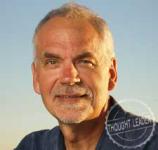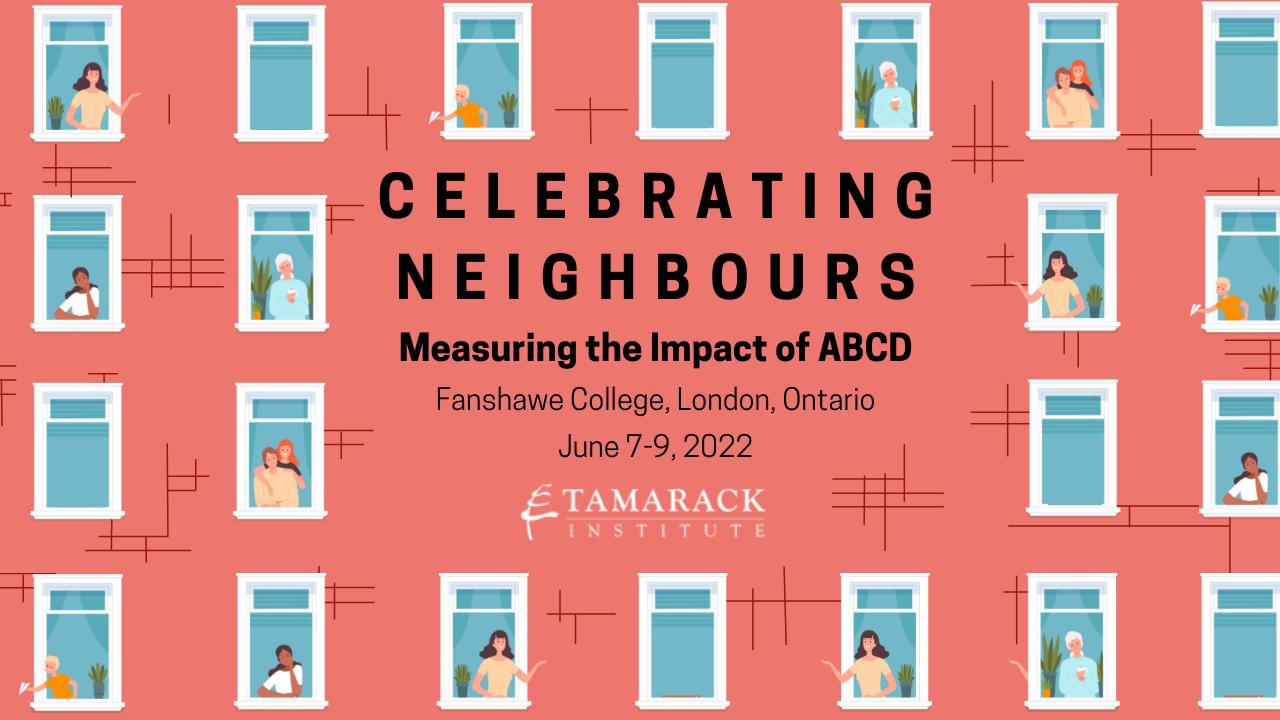“Ain’t it how it seems to go. You don’t know what you’ve got till it’s gone” - Joni Mitchell
There is nothing extraordinary about Asset Based Community Development (ABCD). It’s as ordinary as looking out for your family, your neighbours, your environment. Or extending a hand to people who are down on their luck, struggling or vulnerable. Or banding together with others to fix a common challenge.
People have been doing Asset Based Community Development pretty well since the beginning of time. Before there were institutions, bureaucracies, service providers and professionals. When they only had each other to depend on.
 When people are left to their own devices they take stock. They figure out the extent of their challenge. The resources they have. The resources they need to find. And then in a flourish of abundance they problem-solve.
When people are left to their own devices they take stock. They figure out the extent of their challenge. The resources they have. The resources they need to find. And then in a flourish of abundance they problem-solve.
Sound familiar?
It should. It’s been happening in Canada for a very long time. The early settlers would not have survived a harsh unforgiving climate and rocky soil without the helping hand of indigenous people. Indigenous people would not have survived the ravages of residential schools and attempts at genocide without relying on each other. And of course as we have seen most recently, the destruction of the Fort McMurray fire was tempered immediately by ordinary citizens doing what they do best, rising to the occasion and taking care of one another.
But these are just the tip of the iceberg. What is happening beneath the surface is in many ways more astounding. Every day, everywhere, just about everyone is involved in taking care of family, friends, neighbours and co-workers as well as the water, birds, rocks, trees and indeed all life. Freely. Voluntarily. Lovingly. It is hard to imagine society functioning without these millions of small acts. Paradoxically when something is so commonplace, no matter how essential, it tends to be taken for granted. To be ignored or dismissed. Even disrespected.
That’s the gift the composers of ABCD, John McKnight and Jody Kretzman, have given us. They present our caring and ingenuity back to us in such an elegant way that we can appreciate its beauty and respect its power.
ABCD codifies the extraordinary achievements of ordinary people especially when they act together. John and Jody didn’t invent it. They observed it. Here are three of their observations that have always struck me:
- Communities become healthier and more resilient when those who are used to contributing step back and start receiving from those who aren’t typically expected to contribute;
- Citizens, acting through voluntary associations, are the richest source of social innovation and are integral to their implementation from start to finish; and,
- Professionals, intentionally or unintentionally, can undermine the capacity of individuals, families, networks and associations to take responsibility for each other and the planet.
Like all magnificent concepts, ABCD ignites the imagination. It is impossible to look at the world in the same way once you see it through the lens of ABCD. It has changed my life in so many ways. For example, it helped Vickie and I anchor PLAN’s work exclusively to the power of neighbourliness.
On the surface ABCD makes you feel better. Applying it to one’s work is another matter. It requires discipline, rigour and a commitment to let go of a lot of what you hold dear. ABCD is not a recipe. It’s a work in progress. Therefore, it continues to learn and grow. For example, it’s still sorting out its relationship with government, professionals and money. Plus, ABCD is playing teeter-totter with powerful societal forces such as the momentum of outmoded approaches, consumerism, the iron rule of the economy, our fascination with technology and our deference to experts.
That’s where you come in. Growing ABCD in Canada is a job for farmers not mechanics.
We know our ‘soil’ contains the right ingredients: kindness, hospitality and ingenuity in the face of adversity. Nurturing the right conditions for it to grow healthy crops is another matter. I can think of no other way to do it than to put on our ABCD glasses and extract ourselves from the needs-maker’s grasp. That means defining our challenges on our terms, taking stock of the treasure trove of resources we already have at our disposal, swallowing our egos and rallying the caring power of all Canadians.
Now, that would be extraordinary wouldn’t it?
Learn More:
- Visit the new ABCD in Canada website hosted by Tamarack
- Discover more about Al Etmanski, community organizer, social entrepreneur, author and lon-standing member of the ABCD network
- Read A River Runs Through John to learn more about John McKnight
- Watch this video of John McKnight at Tamarack’s 2015 NPP Gathering in Hamilton, ON
- Learn more about the power of connected citizens at www.deepeningcommunity.ca
Share this article:





